29 Jul 2011
The Harvest (La Cosecha)
The story of the children who work 12-14 hour days in the fields without the protection of child labor laws. These children are not toiling in the fields in some far away land. They are working in America.
Having grown up within the Cuban Revolution, in 1980, Juan Carlos Zaldívar was a 13-year-old "pioneer" jeering in the streets at the thousands of "Marielitos" leaving the island by boat for the United States. Within weeks, he was a Marielito himself, headed with the rest of his family for a new life in Miami. Now a U.S.-based filmmaker, Zaldívar recounts the strange twist of fate that took him across one of the world's most treacherous stretches of water in 90 Miles, a new documentary having its broadcast premiere on PBS's acclaimed P.O.V. series in the summer of 2003. As related by Zaldívar in the intensely personal and evocative 90 Miles, arrival in South Florida is only the beginning of the family's struggles to comprehend the full meaning of their passage into exile. What follows is an intimate and uneasy accounting of the historical forces that have split the Cuban national family in two, and which shape the passage of values from one generation to the next.
29 Jul 2011
The story of the children who work 12-14 hour days in the fields without the protection of child labor laws. These children are not toiling in the fields in some far away land. They are working in America.
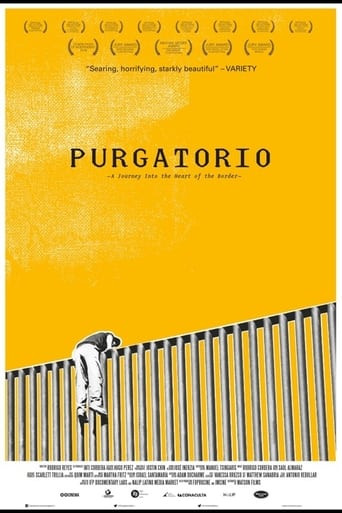
01 Mar 2013

A deeply human portrait of the chaotic reality of the US - Mexico border. Full of stunnig images and crafted like a classic city-symphony where the sum of the pieces add up to a larger whole, Purgatorio, a Journey Into the Heart of the Border brings together a universe of small stories to create a compelling and visceral cinematic experience that takes audiences into the very soul of life on the border.
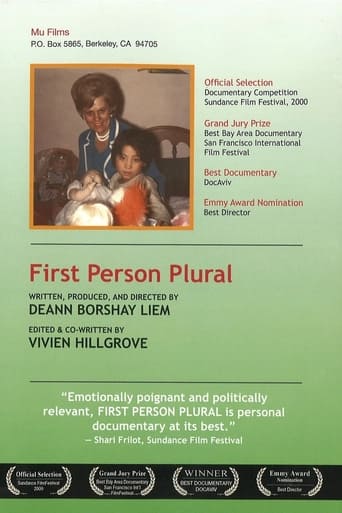
18 Dec 2000

In 1966, Deann Borshay Liem was adopted by an American family and sent from Korea to her new home in California. There, the memory of her birth family was nearly obliterated, until recurring dreams led her to investigate her own past, and she discovered that her Korean mother was very much alive. Bravely uniting her biological and adoptive families, Borshay Liem embarks on a heartfelt journey in this acclaimed film that first premiered on POV in 2000. First Person Plural is a poignant essay on family, loss and the reconciling of two identities.

08 Oct 2017

No overview found
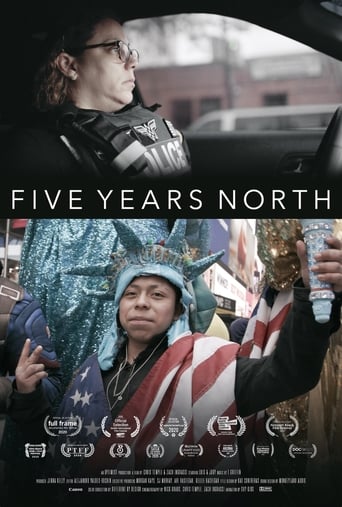
15 Jun 2020

Five Years North is the coming-of-age story of Luis, an undocumented Guatemalan boy who just arrived alone in New York City. He struggles to work, study, and evade Judy - the Cuban-American ICE officer patrolling his neighborhood.
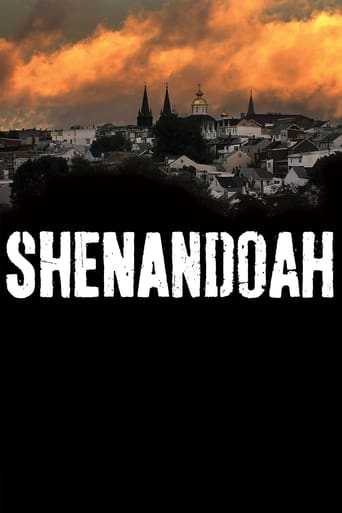
16 Oct 2012

An epic feature documentary about a coal mining town with a fiery immigrant heritage, once pivotal in fueling America’s industrial revolution and today in decline and struggling to survive and retain its identity, soul and values – all of which were dramatically challenged when four of the town’s white, star football players were charged in the beating death of an undocumented Mexican immigrant named Luis Ramirez. Pulitzer Prize-winning photographer David Turnley’s most personal work, SHENANDOAH creates a deeply felt portrait of a working class community, and the American Dream on trial.

07 Jun 2024

In this modern, coming of age documentary, Naomi, Jojo and Arham grapple with economic divides, gender roles, and family dynamics while competing in the fastest growing high school sport in the country: girl’s wrestling.
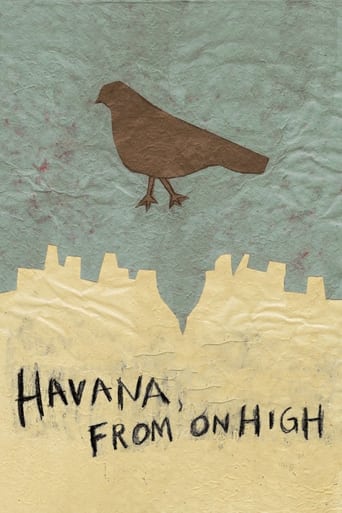
03 May 2019

The chronic shortage of housing in Central Havana has pushed the city upwards, where life spills out onto the rooftops. Resilient and remarkable, these rooftop dwellers have a privileged point of view on a society in the process of major transformation.
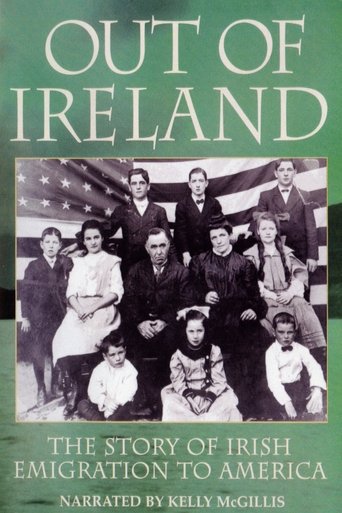
09 Jun 1995

Over the course of two centuries, seven million men, women and children abandoned their homeland for America's shores. In just one horrifying decade, two million left to escape a famine that left another million dead. This is the moving chronicle of the Irish immigrant experience.

17 Oct 2016

No overview found
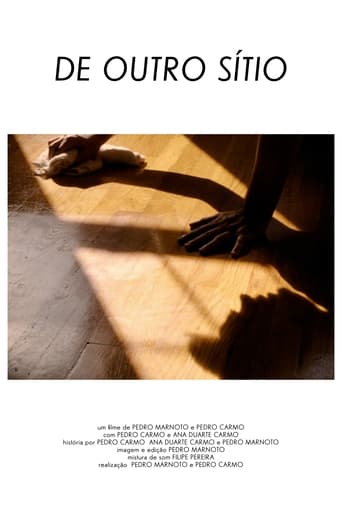

On a Summer afternoon, Pedro packs the last few boxes before having to leave his apartment in New York. 12 years ago, Pedro and Ana had arrived in America from Portugal, in search of a dream. Now, Ana's voice describes, from the other side of the ocean, that same country to which they are returning. As the rooms are emptied, Pedro bids farewell to one life, welcoming another. But the dream that brought him will remain forever in the city that never sleeps, awaiting his return.
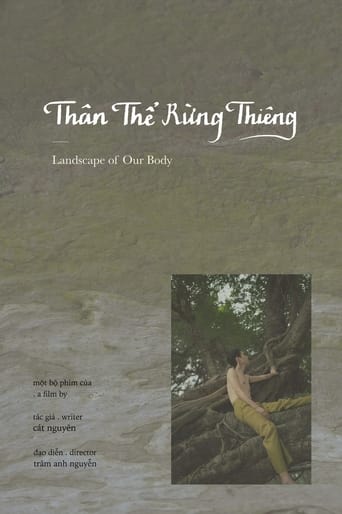
24 May 2024

As queer trans and gender non-conforming children of the Vietnamese diaspora, we are fragmented at the crossroads of being displaced from not only a sense of belonging to our ancestral land, but also our own bodies which are conditioned by society to stray away from our most authentic existence. Yet these bodies of ours are the vessels we sail to embark on a lifetime voyage of return to our original selves. It is our bodies that navigate the treacherous tides of normative systems that impose themselves on our very being. And it is our bodies that act as community lighthouses for collective liberation. Ultimately, the landscape of our bodies is our blueprint to remembering, to healing, to blooming.

06 Mar 2017

Three arrested and detained undocumented immigrants must navigate the system to fight impending deportation.
24 May 2016
Documentary exploring the effect of mass immigration on the dwindling white community of the East End, from the perspective of those who remain and those who chose to leave.
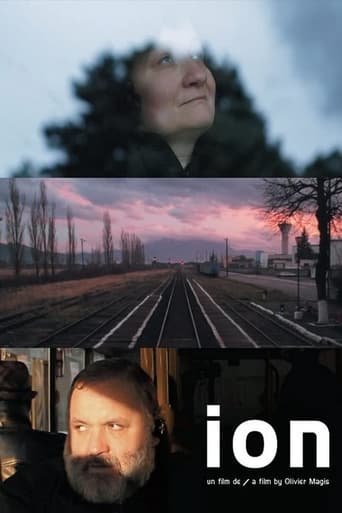
08 Jul 2013

My name is Ion. Who could have imagined the fate that awaited me: my birth under the Romanian dictatorship, the loss of my eyesight through an accident, my sudden escape from my homeland to seek a future that was a little too idyllic? One thing is certain: fate is like all the criminals that I listen to today for the Belgian federal police. With a little willpower, there is always a way to dodge its tricks. The person who taught me that is a close and loyal childhood friend. That friend is literature. Without her, I probably would not be what I am now, here, among you.
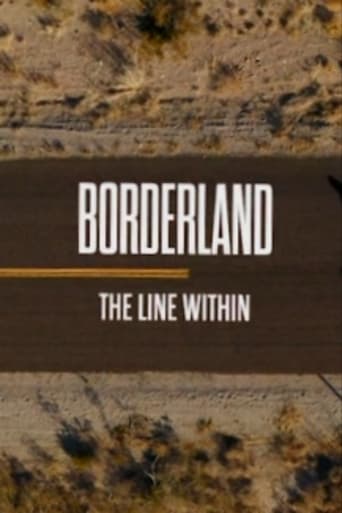
04 Apr 2024

A powerful set of stories of “righteous persons” taking action along the U.S.-Mexico border, motivated by moral conviction and compassion. "Borderland" shows how courageous actions can lead to political mobilization and the defense of human rights in the face of hate and discrimination.
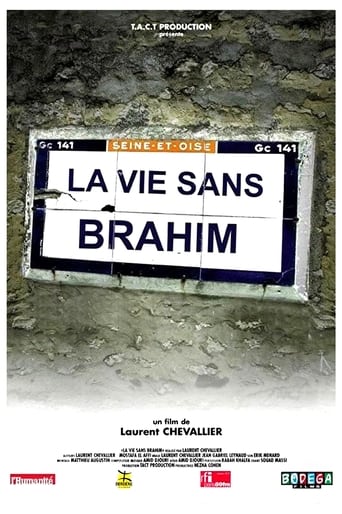
10 Jan 2003

No overview found

18 Nov 2023

A Latinx immigrant mother makes waves with a historic campaign to end the sharing of the Philadelphia police database with ICE.
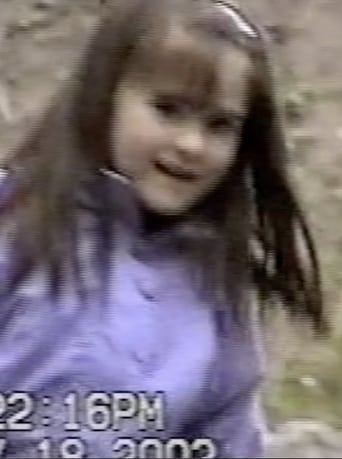
27 Sep 2020

A childhood story is narrated while home movie footage is displayed. The narrator recounts her assimilation experience: moving to America, learning English, giving up your culture and a part of yourself.
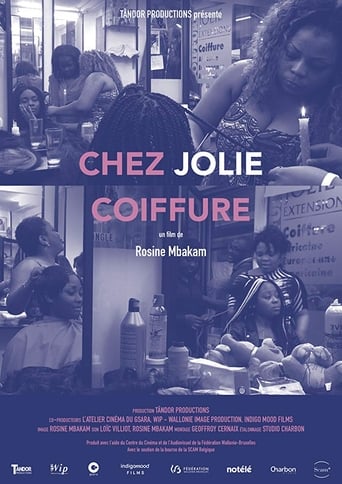
28 Feb 2019

Rosine Mbakam is invited to step in Sabine’s small hairdresser’s because it is dangerous in the street. She accepts and pushes in with her camera. Sabine’s stories and the customers’ joys, worries, problems and fears bring depth and life into the premises. At times, it feels like the entire African quarter of Brussels had squeezed in. Laughter abounds, anecdotes and life stories elicit emotions, and a male visitor brings a touch of flirt into the salon.